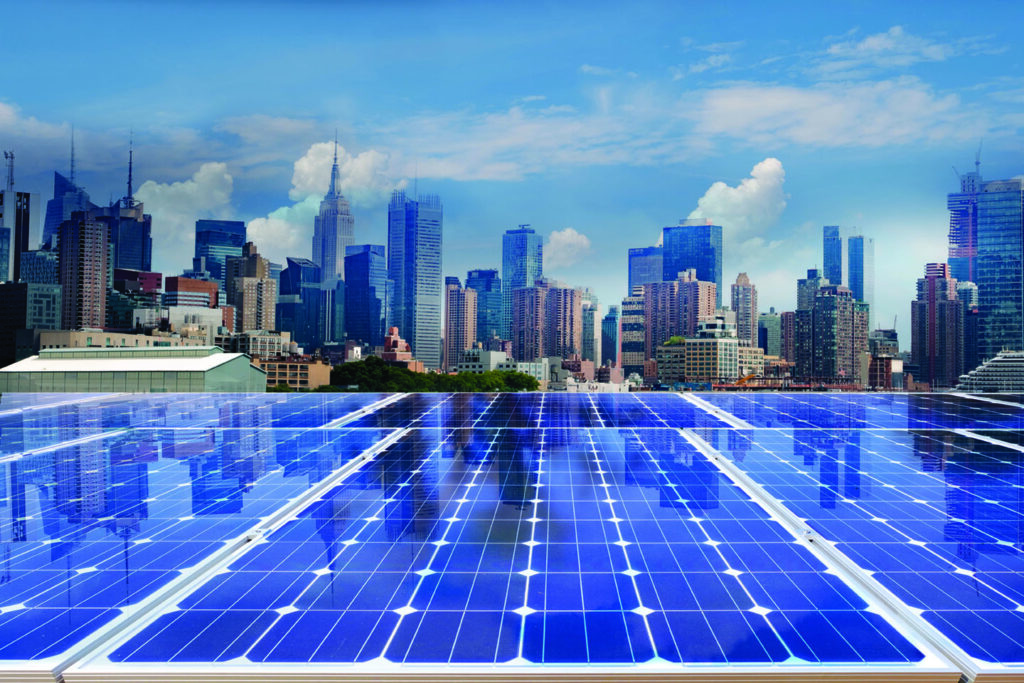Update Winter 2022
 SUSTAINABILITY UPDATE
SUSTAINABILITY UPDATE
How Multi-family Affordable Housing Portfolio Owners Can Utilize Solar to Comply with Local Law 97
by Esther Toporovsky
New York City has taken some of the most ambitious steps to mitigate climate change of any city in the nation. As these measures phase in, owners and developers of multifamily housing are required to significantly alter their development processes to meet these new climate goals.
Potential fines for noncompliance will be onerous. Building emissions limits will start to take effect in 2024 and become increasingly more stringent through 2030 and beyond. Multi-family affordable housing owners have time to prepare, but need to start acting now.
There are two primary strategies for residential building owners to meet reduced carbon emissions mandated caps: 1) Retrofit major building systems to reduce energy consumption 2) Switch to an energy source that has a smaller carbon footprint. In the short-term, properties with over 35% regulated affordable housing units have been granted the flexibility to install specific energy efficiency measures, rather than meeting a minimum carbon emissions standard. However, most affordable housing properties will be subject to an emissions cap, and eventually all projects will be included. Affordable housing owners should view these new requirements as new investment opportunities with meaningful returns.
Solar energy can be a key part of an energy strategy to meet LL97. Energy from nonrenewable sources, primarily oil, gas and electricity, contribute to the building’s total emissions. Emission’s “deductions” can be applied based on clean energy sources like solar. Solar reduces a building’s overall carbon emissions and is a major step in complying with LL97 while offering energy cost savings and new sources of revenue for budget constrained properties.
Solar equipment can generate enough savings to be financed by debt and equity, but real estate investors need to be comfortable enough with the installation, performance, and management of solar in order to make guarantees to their financiers. HP Sustainability Solutions staff brings a deep understanding and engagement in the financial structuring of affordable housing deals. Our staff has decades of combined experience performing financial underwriting of solar projects for affordable housing, working with real estate lenders and investors to integrate solar, and ensuring its proper operation to mitigate risks and guarantee returns. We provide expertise in determining and implementing the best approach to alternative energy as a major component of meeting the LL97 requirements for each property portfolio.
Get in touch with us today to evaluate your portfolio!
Subscribe now
to receive the next Housing Partnership Update in your inbox.

